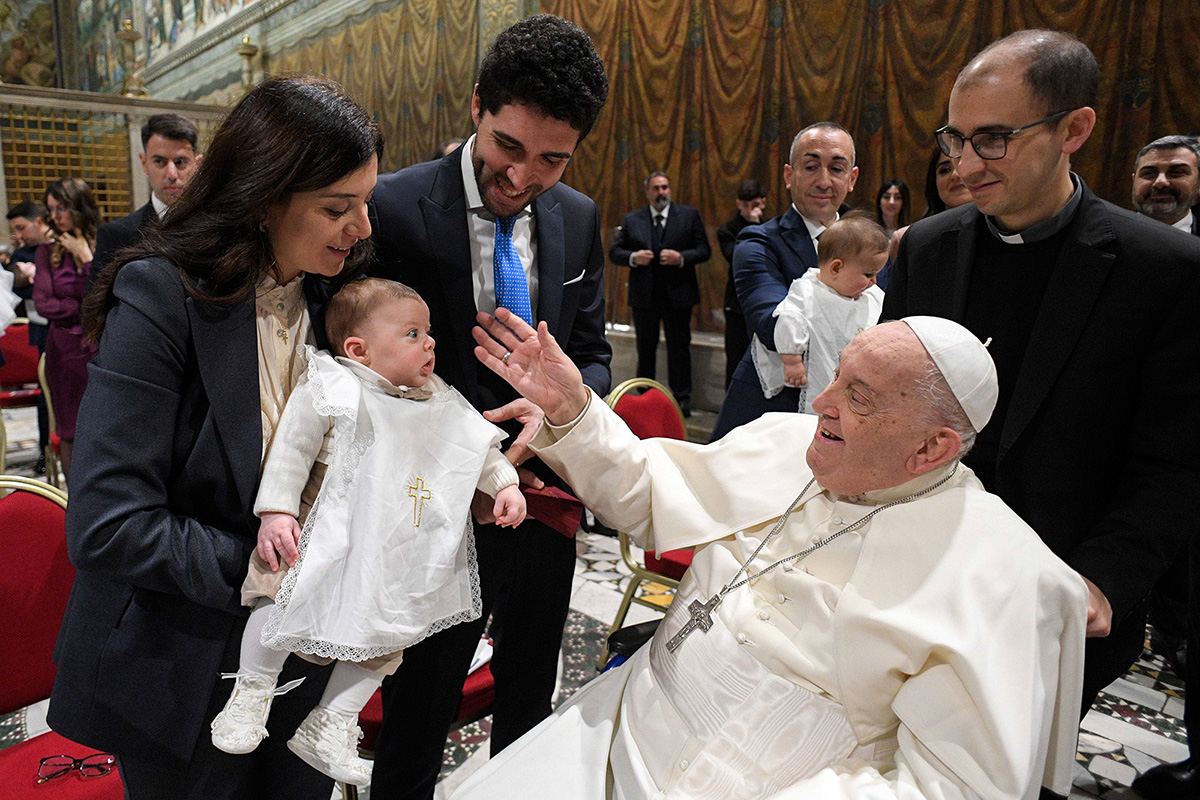DEAR FATHER | The sacramental seal of the confessional is inviolable

The seal of the confessional is one of the most serious obligations of a priest. It is clearly outlined in the Code of Canon Law: “The sacramental seal is inviolable; therefore it is absolutely forbidden for a confessor to betray in any way a penitent in words or in any manner for any reason” (Canon 983.1).
Simply put, a priest cannot repeat a penitent’s sins or say or do anything that could lead another to know the contents of a penitent’s confession. He also cannot use the information gained even if there is no danger of people knowing where it came from (i.e. the confessor can’t fire an employee who confesses embezzlement unless it is independently revealed outside the confessional). Were a priest to directly violate the seal by revealing the penitent’s sins by word or action, he would be automatically excommunicated. The only way he could be absolved and the excommunication lifted is to have recourse to the Vatican.
Breaking the seal of confession is a very serious offense. I’ve found that priests who take other priestly obligations lightly remain scrupulous about keeping the seal.
There is a reason for this. When the faithful go to the sacrament of reconciliation, they seek the mercy of God. The priest may be the instrument of God acting in persona Christi, but once the sacrament has concluded, he is expected to forget altogether the contents of the confession. (Because we hear thousands of confessions, that is not difficult to do.) If people cannot trust that their confessor will maintain the secrecy of their confession, they will no longer confess their mortal sins, and their confessions would be invalid.
The priest is not the only one expected to maintain secrecy. If an interpreter is used, or if anyone overhears the confession, they are obliged to secrecy and, should they break it, they will be punished by a just penalty, which could include excommunication (Canon 1386.2). This is especially important to know since penitents sometimes speak more loudly than they should when going to confession. (Many times I’ve had to ask penitents to lower their voices.)
Penitents should never even share who else was in the line for confession. While that isn’t a punishable offense, it’s nobody’s business.
Can the penitent share what the priest said? The short answer is yes. The penitent is not bound by the seal. But in most circumstances, it isn’t advisable to quote the priest — especially if it involves criticism. Because the priest is bound by the seal, he cannot defend himself.
In recent years there have been efforts to make priests mandatory reporters of crimes against vulnerable persons that are confessed in the sacrament of reconciliation. That is impossible, for priests cannot break the seal under any circumstances. Whether it is abuse, murder or some other crime, the priest should urge the person to turn himself in, but he cannot report it, even anonymously. If he did, while there would be a resolution to that specific situation, no one guilty of a crime would ever confess again and the opportunity to help the offender repent and make restitution would be lost.
The sacramental seal of the confessional is inviolable, period.
Father Scott Jones is the episcopal vicar for the Northern Vicariate of the Archdiocese of St. Louis.




